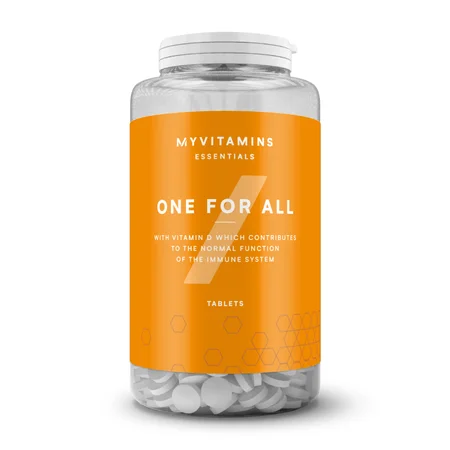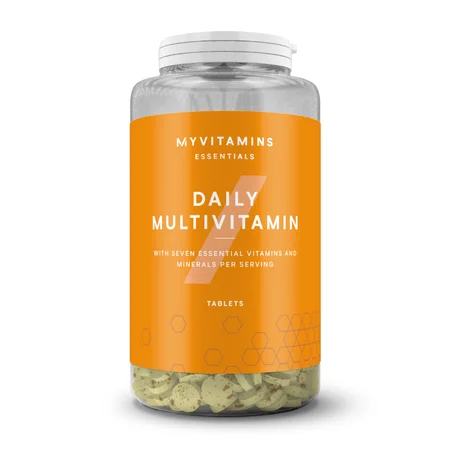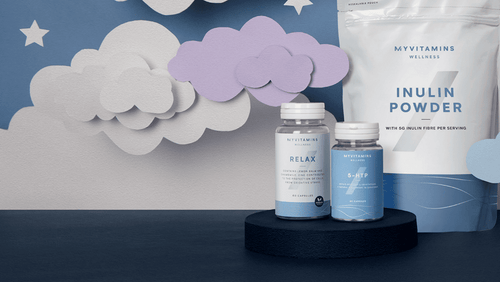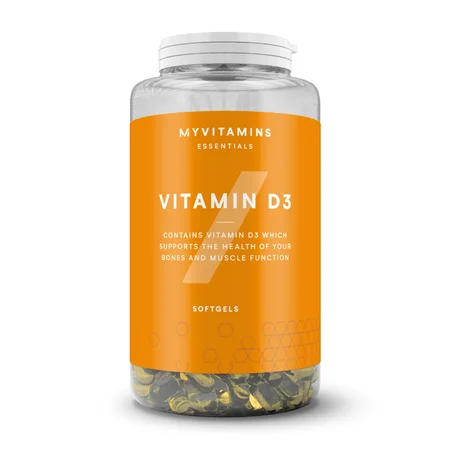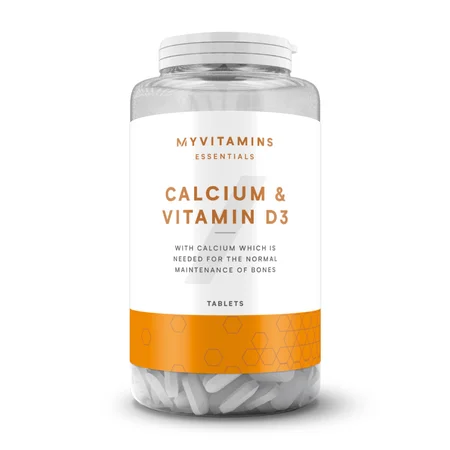Staying Healthy At Christmas: Tips From Our Expert

The festive season brings about imagery of roast dinners, mince pies and good times surrounded by our loved ones. However, with January being the most common month for starting a new diet, and winter being best known for coughs and colds, the aftermath of Christmas can take a toll on our health. So, how can we enjoy the holidays whilst also feeling our best? Our Nutritionist Beth tells you everything you need to know:
Tips for Staying Healthy At Christmas
1. Maintain A Healthy Diet

There's nothing wrong with enjoying treats at Christmas. If you want to moderate your intake, eating small, nutritious snacks throughout the day will help to maintain healthy blood sugar levels and prevent cravings.
What sort of things should you eat? In the lead up to Christmas, try to stock up on foods rich in vitamins and minerals like fruit and oily fish. Research suggests that buying your produce while it’s in season means it is likely to retain higher levels of nutrients, (1) so you might want to try winter vegetables including cabbage, sprouts and butternut squash. If you struggle to maintain a balanced diet, a multivitamin can help.
Hydration is key too. Heavily salted food combined with the diuretic effects of alcohol can result in fatigue and headaches. To prevent this, start the day off with a large glass of water and lay off the coffee if you can.
2. Secure More Sleep
Increased socialisation, alcohol intake, financial pressure and seasonal affective disorder (SAD) can all disrupt our sleep over the Christmas period. While these occurrences may be unavoidable, there are lots of things you can do to to secure your 8 hours:
- Aim to get outside during the daytime and keep screen use to a minimum in the hours before bed. This can help better regulate your circadian rhythm, stimulating the release of melatonin (the ‘sleep hormone’) at night time. 2
- Create a relaxing evening routine for nights you’re at home. This could involve a calming bath, followed by your favourite herbal tea and a good book. This can help relieve anxiety and get your body into a more tranquil state, ready for sleeping.
- Sleep is closely connected to what we eat. Find out more in our blog article:
3. Create A Winter Exercise Routine

Entering into the colder, darker period of the year may mean fitness and exercise regimes need adapting. Exercise keeps us feeling energised while reducing the risk of disease and improving mental wellbeing. Through the more demanding Christmas period, reducing stress and anxiety is vital.
To keep up with your weekly quota, try out some activities that are less reliant on a warm, sunny day. For example, switch your usual morning run for an evening swim at your local leisure centre. If a dark walk to the gym doesn’t sound too enticing, try a home workout. Cold winter days are still a great opportunity to wrap up warm and get outside for a fresh walk, with the reward of a hot drink and bath to return to at the end.
4. Protect Your Immune System
Immune systems may be compromised during the colder months. There are a variety of reasons for this, including reduced vitamin D levels. As this nutrient is synthesised from sun exposure, reduced levels of sunlight during winter may lead to reduced vitamin D levels. (3) Furthermore, the colder atmosphere may be linked to a weakened immune response to pathogens. Lower temperatures have also been associated with an increased ability of viruses to survive and spread. 4
Wrapping up warm and washing your hands often can reduce the risk of pathogens spreading or attacking a more suppressed immune system. If you're concerned about low vitamin D levels, supplements can help.
5. Support Your Mental Health

SAD affects around 3 in every 100 individuals in the UK. (5) It is characterised by depression related to changes in the seasons, usually in the autumn and winter months. However, it is common for individuals without SAD to experience bouts of lower mood during these months too. Decreased levels of sunlight reduce production of the ‘happy hormone’, serotonin, leading to a low mood, fatigue, irritability and a lack of motivation.
To counteract this, try to get as much natural sunlight as you can. Whilst at home, keep curtains and blinds open and position yourself in lighter areas of the room.
Engaging in consistent healthy habits, such as sleeping well, exercising and eating a balanced, healthy diet can also improve these symptoms. If you need extra support, seek the advice of your GP.
Here at Myvitamins, we know that staying healthy at Christmas can feel daunting. Enter the New Year feeling your best with these five simple wellness tips.

- https://onlinelibrary.wiley.com/doi/full/10.1002/fsn3.685
- https://www.ncbi.nlm.nih.gov/pmc/articles/PMC6751071/
- Vitamin D contributes to the normal function of the immune system.
- https://www.ncbi.nlm.nih.gov/pmc/articles/PMC3604842/
- https://www.bupa.co.uk/health-information/mental-health/sad
